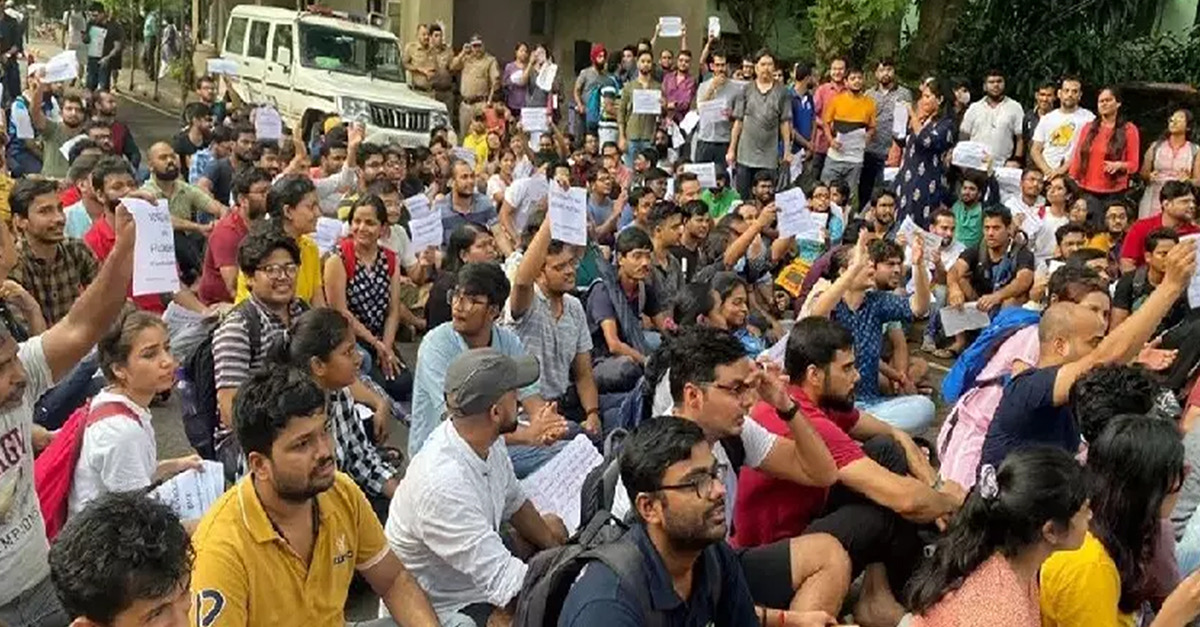Feroz Alam is “compelled” to freelance as a proofreader for a private company to continue his research at University of Delhi (DU). From Bihar’s Champaran district, Alam is enrolled in PhD at DU’s history department. He receives a paltry Rs 8,000 per month as “non-NET fellowship” – a stipend given to research scholars that isn’t through the National Eligibility Test (NET). This has affected his research on labour and migration in Indian history. “I cannot ask for money from my parents at this age to fund my education. I am forced to do freelance jobs to support myself,” he said. Most of his stipend goes into paying rent as Alam did not get a hostel accommodation. “I am unable to purchase books and journals and I fear this may impact my research work. Food, transport, rental charges and other costs are rising but the government is not increasing the non-NET fellowship amount,” he said. The non-NET fellowships were introduced in 2006 and fetched PhD scholars Rs 5,000 per month. It was later raised to Rs 8,000 in 2012 and has remained unchanged. Research scholars across state and central government-run universities complained about irregularities in disbursement of fellowships, budget cuts for libraries and infrastructure issues. They also complained about discrimination in PhD admissions and malpractices in publications for appointment in higher education institutions.
Source-X/iitbfeehike


Comments